Discover Tricycle Talks
Tricycle Talks

Tricycle Talks
Author: Tricycle: The Buddhist Review
Subscribed: 1,042Played: 21,627Subscribe
Share
© All rights reserved
Description
Tricycle Talks: Listen to Buddhist teachers, writers, and thinkers on life's big questions. Hosted by James Shaheen, editor in chief of Tricycle: The Buddhist Review, the leading Buddhist magazine in the West. Life As It Is: Join James Shaheen with co-host Sharon Salzberg and learn how to bring Buddhist practice into your everyday life. Tricycle: The Buddhist Review creates award-winning editorial, podcasts, events, and video courses. Unlock access to all this Buddhist knowledge by subscribing to the magazine at tricycle.org/join
187 Episodes
Reverse
Sharon A. Suh is a professor of theology and religious studies at Seattle University, and she is currently the president of Sakyadhita International Association of Buddhist Women. Her new book, Emergent Dharma, brings together the voices of eleven Asian American feminist Buddhists to present a dynamic vision of Buddhist practice and identity.
In this episode of Tricycle Talks, Tricycle’s editor-in-chief, James Shaheen, sits down with Suh to discuss why she describes herself as a bad Buddhist, the dangers of equating Buddhism primarily with meditation, what it means for the book to be a sangha in written form, and what she’s learned from bell hooks about love as an action to end domination.
Ralph Steele is the founder and guiding teacher of Life Transition Meditation Center in Santa Fe, where he teaches somatic meditation and other practices geared toward supporting people through major life changes. Steele grew up on Pawleys Island, where he was raised by his grandparents after his father was killed by the Ku Klux Klan. As a teenager he moved with his mother to Japan, where his exposure to martial arts sparked a lifelong fascination with practices of embodiment. Eventually, after serving in the Vietnam War, Steele ended up practicing meditation as a way of coping with trauma and addiction.
In this episode of Tricycle Talks, Tricycle’s editor-in-chief, James Shaheen, sits down with Steele to talk about his remarkable life story, including the dharma lessons he learned from his grandmother, Sister Mary, how meditation helped him learn to sit in the fire of pain, and how he adapts Buddhist teachings in the retreats he has been leading for veterans.
Read more about Ralph Steele in his 1999 Tricycle article, “In the Lineage of Sister Mary.”
Brother Pháp Hữu is a senior teacher in Thich Nhat Hanh’s international community and the abbot of Plum Village in southwest France. In his new book, Calm in the Storm: Zen Ways to Cultivate Stability in an Anxious World, which he co-wrote with Jo Confino, he lays out a compassionate guide for coming home to ourselves and meeting the challenges of our time with greater presence and resilience.
In this episode of Life As It Is, Tricycle’s editor-in-chief, James Shaheen, and meditation teacher Sharon Salzberg sit down with Brother Pháp Hữu to discuss what it means to come home to the present moment, the forces that take us away from a sense of home, how we can let go of stories that no longer serve us, and how we can tap into a deeper sense of community and belonging. Plus, Brother Pháp Hữu leads a guided meditation.
Gil Fronsdal is a dharma teacher at the Insight Meditation Center in Redwood City, California, and at Spirit Rock Meditation Center in Woodacre. He has practiced extensively in the Soto Zen and Theravada Buddhist traditions, and he draws from both traditions in his framing of what he calls naturalistic Buddhism.
In this episode of Tricycle Talks, Tricycle’s editor-in-chief, James Shaheen, sits down with Fronsdal to discuss what he means by naturalistic Buddhism, how we can train ourselves in what we want to become, and how the practice of naturalistic Buddhism can help us become free.
Joseph Goldstein is a cofounder and guiding teacher of the Insight Meditation Society in Barre, Massachusetts. He recently wrote an article called “Liberation Through Non-Clinging Across Buddhist Traditions” that will be published on Tricycle’s website later this month.
In this episode of Tricycle Talks, Tricycle’s editor-in-chief, James Shaheen, sits down with Goldstein to discuss why he sees non-clinging as so central across Buddhist traditions, how dual and nondual awareness can complement and support each other, the dangers of becoming attached to emptiness, and how selflessness can offer a radically unique way of understanding ourselves and the world.
Jess Serrante is a climate activist, organizer, and longtime facilitator of the Work That Reconnects, a global movement and community created by the late environmental activist Joanna Macy, who passed away in July. Last year, Jess and Joanna produced a podcast together called We Are the Great Turning that explored Joanna’s teachings on cultivating courage and connection as we face the many crises of our time.
In this episode of Life As It Is, Tricycle’s editor-in-chief, James Shaheen, and meditation teacher Sharon Salzberg sit down with Jess to discuss Joanna’s life and legacy, why Joanna believed that we should always begin with gratitude, how we can work productively with anger and despair, what it means to bow to our pain, and how the Work That Reconnects can break us open—and break us free. Plus, Jess leads a guided meditation on connecting with our gratitude for the Earth.
Arthur Sze is a poet and translator based in Santa Fe, New Mexico, and he was recently named the 25th Poet Laureate of the United States. To celebrate his appointment, we’re visiting a 2024 Tricycle Talks episode with Sze.
Unlike many contemporary American poets, Sze did not attend a traditional MFA program to learn to write poetry. Instead, the National Book Award winner and Pulitzer Prize finalist turned to translation to hone his craft. His 2024 collection, The Silk Dragon II: Translations of Chinese Poetry, compiles fifty years of his translations, illustrating the vitality and versatility of the Chinese poetic tradition across nearly two millennia.
In this episode of Tricycle Talks, Tricycle’s editor-in-chief, James Shaheen, sits down with Sze to discuss the ruptures and continuities between classical and contemporary Chinese poetry, the destruction and renewal inherent in the process of translation, and why Sze believes that we need translation now more than ever. Plus, he reads a few poems from his new collection.
Ada Limón is the twenty-fourth Poet Laureate of the United States and the author of seven books of poetry. Her latest book, Startlement: New and Selected Poems, brings together two decades of her work.
In this episode of Life As It Is, Tricycle’s editor-in-chief, James Shaheen, and meditation teacher Sharon Salzberg sit down with Limón to talk about how poetry can help us decenter ourselves, her daily practice of loving-kindness, the space that curiosity can open up, and how startlement can be a spiritual practice. Plus, Limón reads a few poems from her new collection.
Donald S. Lopez Jr. is the Arthur E. Link Distinguished University Professor of Buddhist and Tibetan Studies at the University of Michigan and a longtime Tricycle contributing editor. In his new book, The Buddha: Biography of a Myth, he draws from a variety of sources to trace a single narrative of the Buddha’s life, from his birth through his enlightenment to his passage into nirvana. While a number of scholars have attempted to “demythologize” the Buddha by extracting the man from the myth, Lopez sets out instead to present a remythologized Buddha, highlighting the supernatural elements of his life.
In this episode of Tricycle Talks, Tricycle’s editor-in-chief, James Shaheen, sits down with Lopez to discuss his account of the Buddha’s life, as well as the larger question of whether the Buddha actually existed—and what’s at stake in the answer.
In Tibetan Buddhism, the bardo is a between-state. While the term is usually associated with the passage from death to rebirth, it can also refer to the journey from birth to death—as well as the various transitional states we encounter along the way. According to writer and Tricycle contributing editor Ann Tashi Slater, Tibetan bardo teachings can transform the way we live—and help us find lasting happiness in a world defined by impermanence. In her new book, Traveling in Bardo: The Art of Living in an Impermanent World, Slater explores how bardo wisdom can help us navigate change and transition with greater acceptance and creativity.
In this episode of Tricycle Talks, Tricycle’s editor-in-chief, James Shaheen, sits down with Slater to discuss the legends surrounding the bardo teachings, her own experience of illness and how it paralleled the bardo journey, how what we pay attention to determines the nature of our reality, and how the Tibetan Book of the Dead can teach us how to live.
Stephen Batchelor is a writer and longtime Tricycle contributing editor based in southwest France. In his new book, Buddha, Socrates, and Us: Ethical Living in Uncertain Times, he explores how the Buddha and Socrates can teach us to live a just and dignified life in an unstable, contingent world.
In this episode of Tricycle Talks, Tricycle’s editor-in-chief, James Shaheen, sits down with Batchelor to discuss how Socrates and the Buddha both posited what he calls an ethics of uncertainty, how creativity can help us imagine another way of living—and another kind of society, and how Buddhist and Greek philosophy can support us in navigating the existential challenges of our times.
Living with a serious illness can be an isolating experience, and it can often provoke feelings of anger, anxiety, and fear. As a former oncology nurse, a mindfulness teacher, a clinical researcher, and a retreat facilitator for people living with serious illness, Susan Bauer-Wu has dedicated much of her life to developing practices to help people with serious illness live fully in the face of these challenges. In her book, Leaves Falling Gently: Living Fully with Serious Illness through Mindfulness, Compassion, and Connectedness, she lays out accessible meditations for people living with illness and their caregivers.
In this episode of Life As It Is, Tricycle’s editor-in-chief, James Shaheen, and meditation teacher Sharon Salzberg sit down with Bauer-Wu to discuss what it means to live fully with serious illness, methods for finding spaciousness in the midst of constriction, how to adapt mindfulness practices in the context of pain, and how the quality of each moment can determine the quality of our lives. Plus, Bauer-Wu leads a guided meditation.
Bhuchung D. Sonam is an exiled Tibetan writer, poet, translator, and publisher currently based in Dharamshala. His press, TibetWrites, has published more than fifty books by contemporary Tibetan writers.
In this episode of Tricycle Talks, Tricycle’s editor-in-chief, James Shaheen, sits down with Sonam to discuss how writing has helped him navigate life in exile, the importance of centering the stories of ordinary Tibetans, why he views writing as a form of resistance, and how literature can serve as a bridge across cultures. Plus, Sonam reads a few of his poems.
For Marie Howe, poetry is a form of prayer. “It is a way of quieting down to listen to that still, small voice,” she told Tricycle. “It’s about something ineffable that’s trying to find its way through the poem.”
Howe is currently the poet in residence at The Cathedral Church of St. John the Divine and a chancellor of the Academy of American Poets. Her latest collection, New and Selected Poems, which brings together four decades of her writing, recently won the 2025 Pulitzer Prize for Poetry.
In this episode of Tricycle Talks, Tricycle’s editor-in-chief, James Shaheen, sits down with Howe to discuss the role of not knowing in her work as a poet, how poetry helps us keep looking at what’s difficult, why poems are like koans, and what she’s learned from the Christian mystic Meister Eckhart. Plus, Howe reads a few poems from her new collection.
Thupten Jinpa is a Tibetan Buddhist scholar and former monk based in Montreal. Since 1985, he has served as the principal English translator for the Dalai Lama. In his 2015 book, A Fearless Heart: How the Courage to Be Compassionate Can Transform Our Lives, he draws from his experience translating for and traveling with the Dalai Lama to lay out simple daily practices to help us cultivate compassion for ourselves and others—and, in the process, tap into a deeper sense of meaning and purpose.
In this episode of Life As It Is, Tricycle’s editor-in-chief, James Shaheen, and meditation teacher Sharon Salzberg sit down with Jinpa to discuss what first set him on the path to becoming a monk, what he’s learned from working as a translator for the Dalai Lama for forty years, how he views the relationship between courage and compassion, and why he believes compassion is fundamental to our basic nature as human beings. Plus, Jinpa leads a guided meditation.
Sarah Ruhl is a playwright, poet, and professor based in New York. Her new essay collection, Lessons from My Teachers: From Preschool to the Present, is an ode to the teachers she has had over the course of her life, both inside and outside the classroom.
In this episode of Tricycle Talks, Tricycle’s editor-in-chief, James Shaheen, sits down with Ruhl to discuss the teachers and tasks that have helped her learn how to listen, what it means to look at grief sideways, whether devotion is teachable, and why she aspires to always be a student.
Jefre Cantu-Ledesma is a multi-instrumentalist and composer, Zen priest, and hospice chaplain based in the Hudson Valley. Since his first foray into experimental music in the 1990s, he has been a pillar of the American music underground, collaborating with a variety of artists including Liz Harris, Félicia Atkinson, and Ilyas Ahmed. Although his music has often been labeled experimental or ambient, he himself describes it as personal liturgy.
Cantu-Ledesma’s latest album, Gift Songs, takes inspiration from the forms of liturgy and ritual he has found meaningful as a Zen priest and hospice chaplain, as well as from the Shaker notion of “gift drawings,” where art is seen as a gift from God. Through minimalist acoustic arrangements and evocative improvisations, Gift Songs foregrounds chance and collaboration, putting forth a vision of art as an offering.
In this episode of Tricycle Talks, Tricycle’s editor-in-chief, James Shaheen, sits down with Cantu-Ledesma to discuss what first brought him to Buddhism, the role of devotion in his work and practice, the synergies between creative practice and chaplaincy work, and why he views his music as an offering.
According to Lama John Makransky, everything we care about—including our mental and physical well-being, our relationships, our spiritual life, and our ability to act justly in the world—depends on our ability to access our innate capacities for love and compassion. In his new book, How Compassion Works: A Step-by-Step Guide to Cultivating Well-Being, Love, and Wisdom, which he co-wrote with Paul Condon, Makransky draws from Tibetan Buddhism and contemporary cognitive science to lay out concrete practices for strengthening our capacities for wisdom and compassion.
In this episode of Life As It Is, Tricycle’s editor-in-chief, James Shaheen, and meditation teacher Sharon Salzberg sit down with Makransky to discuss why compassion is essential to our survival, how meditation can help us tap into our basic goodness, and how we can integrate compassion into our service and action in the world. Plus, Makransky leads a guided meditation.
Benjamin Brose is Professor of Buddhist and Chinese Studies and chair of the department of Asian Languages and Cultures at the University of Michigan. His new book, Buddhist Masters of Modern China: The Lives and Legacies of Eight Eminent Teachers, explores the histories and teachings of eight masters who brought about a Buddhist revival during the political turmoil of the 20th century.
In this episode of Tricycle Talks, Tricycle’s editor-in-chief, James Shaheen, sits down with Brose to discuss the persecution that Chinese Buddhists faced at the turn of the 20th century, the creativity and innovation with which many Buddhist monks and nuns responded to these challenges, the variety of approaches taken to revitalize the Buddhist tradition, and the remarkable life of the Chan master Laiguo.
The Questions of Milinda is one of the most renowned texts within Theravada Buddhism—and one of the most translated Buddhist texts around the world. The text follows a transformational philosophical dialogue between the Indo-Greek king Milinda and a Buddhist monk named Nagasena as they discuss the nature of the self, the meaning of renunciation, and the sources of knowledge. In her new translation of The Questions of Milinda, scholar Maria Heim devotes particular attention to the literary and aesthetic qualities of the text, presenting it as a literary classic as well as a philosophical one.
In this episode of Tricycle Talks, Tricycle’s editor-in-chief, James Shaheen, sits down with Heim to discuss the literary and aesthetic qualities of The Questions of Milinda, how treating Buddhist texts as literature can deepen our perception, what we can learn from the text’s famous chariot analogy, and the philosophical work that metaphors and analogies can perform.



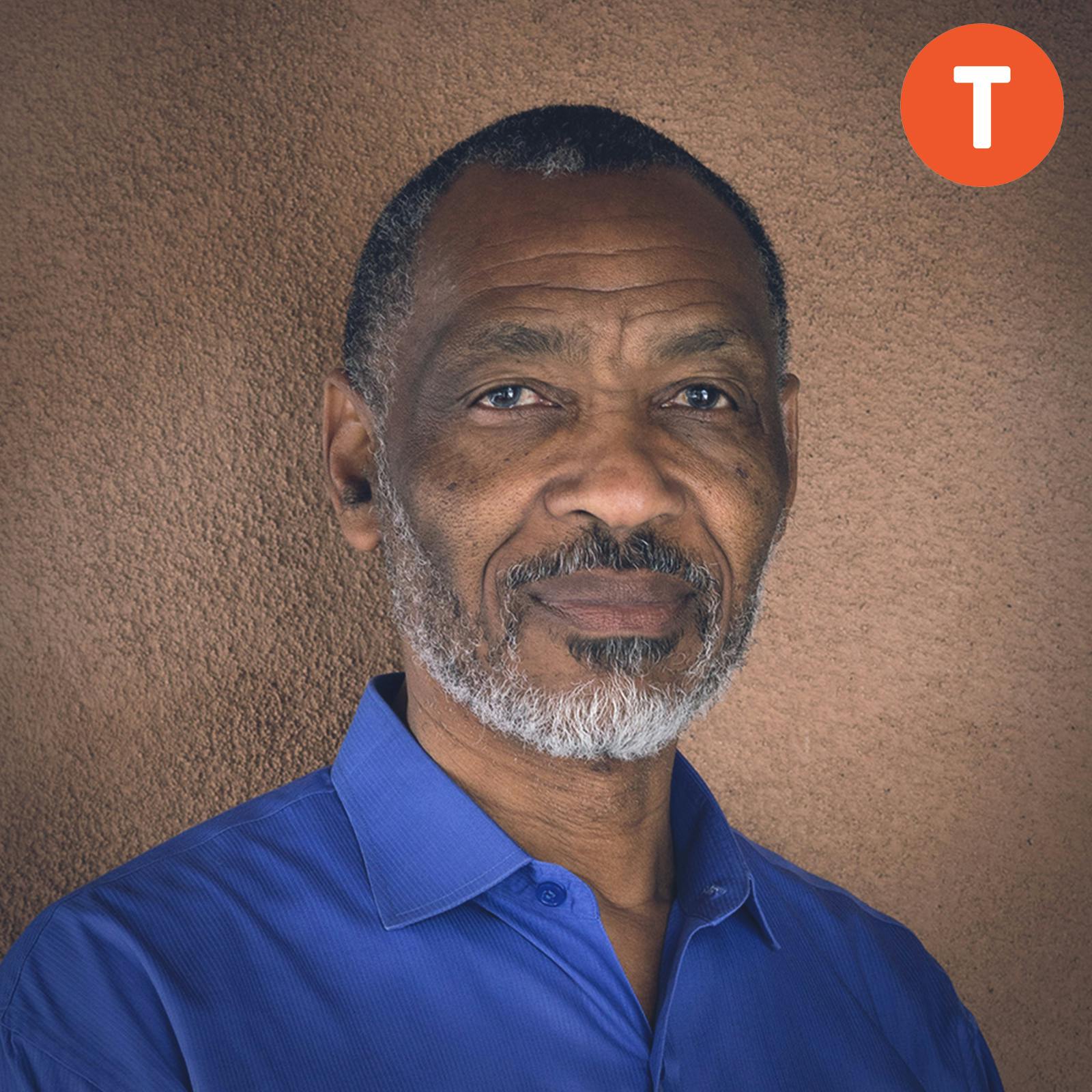
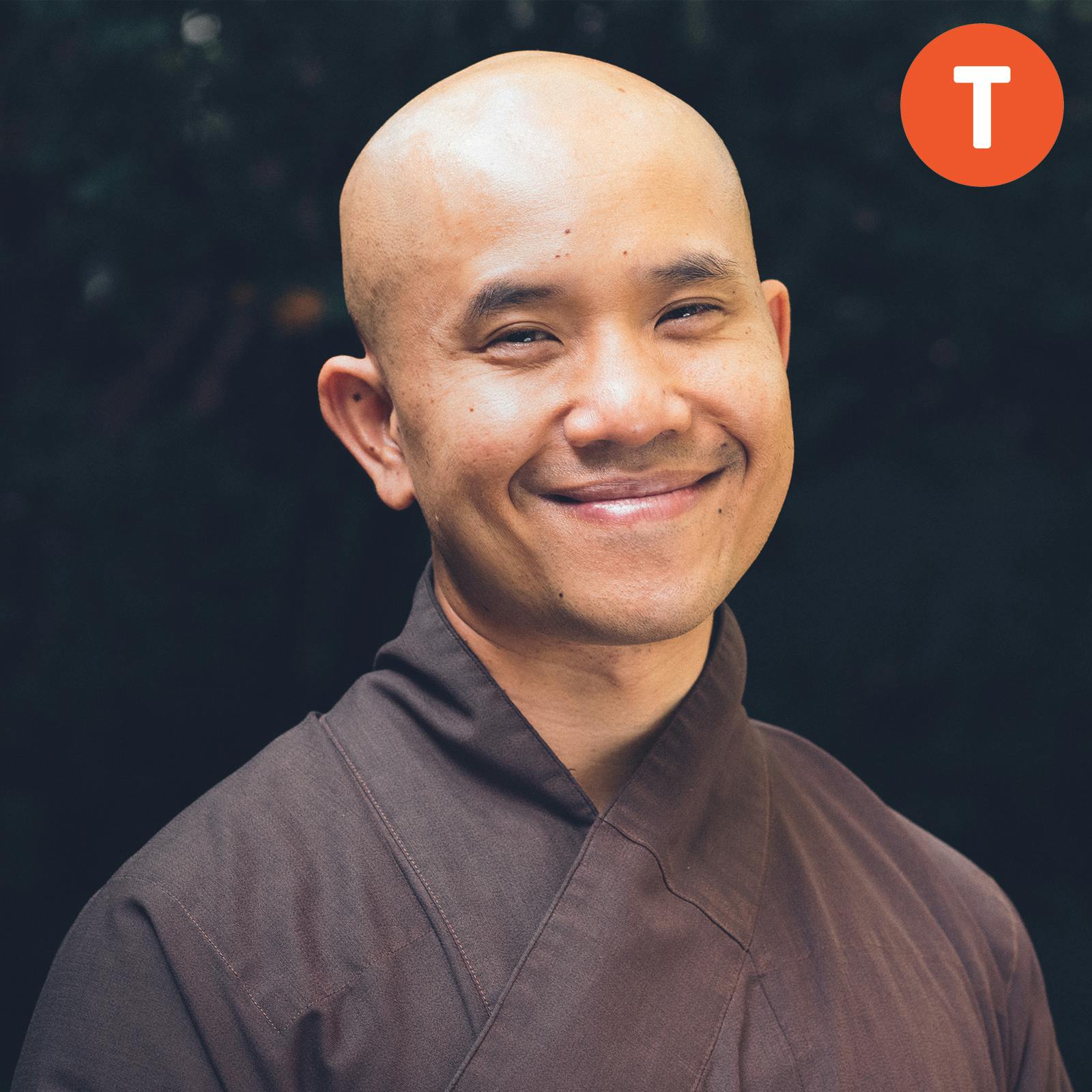
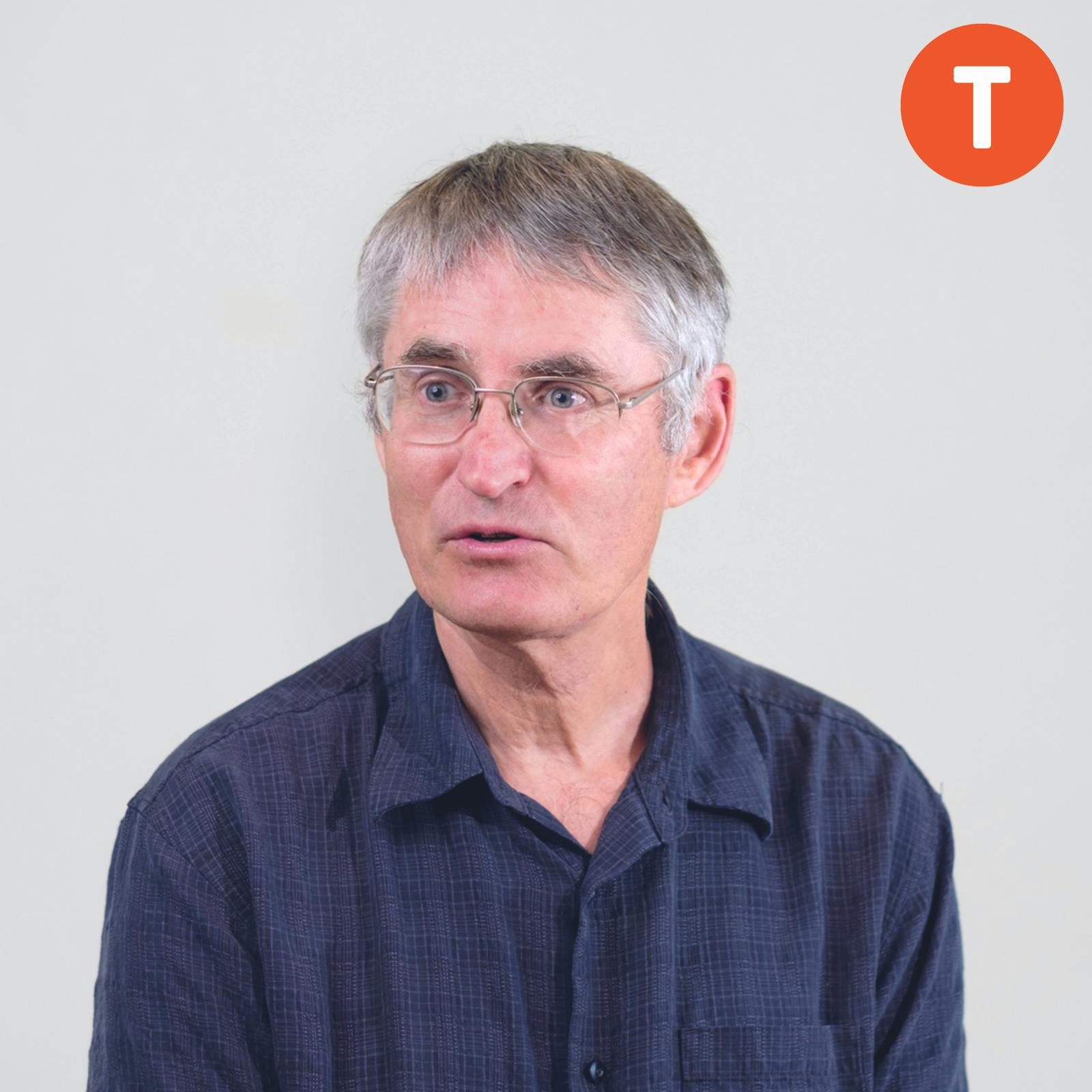



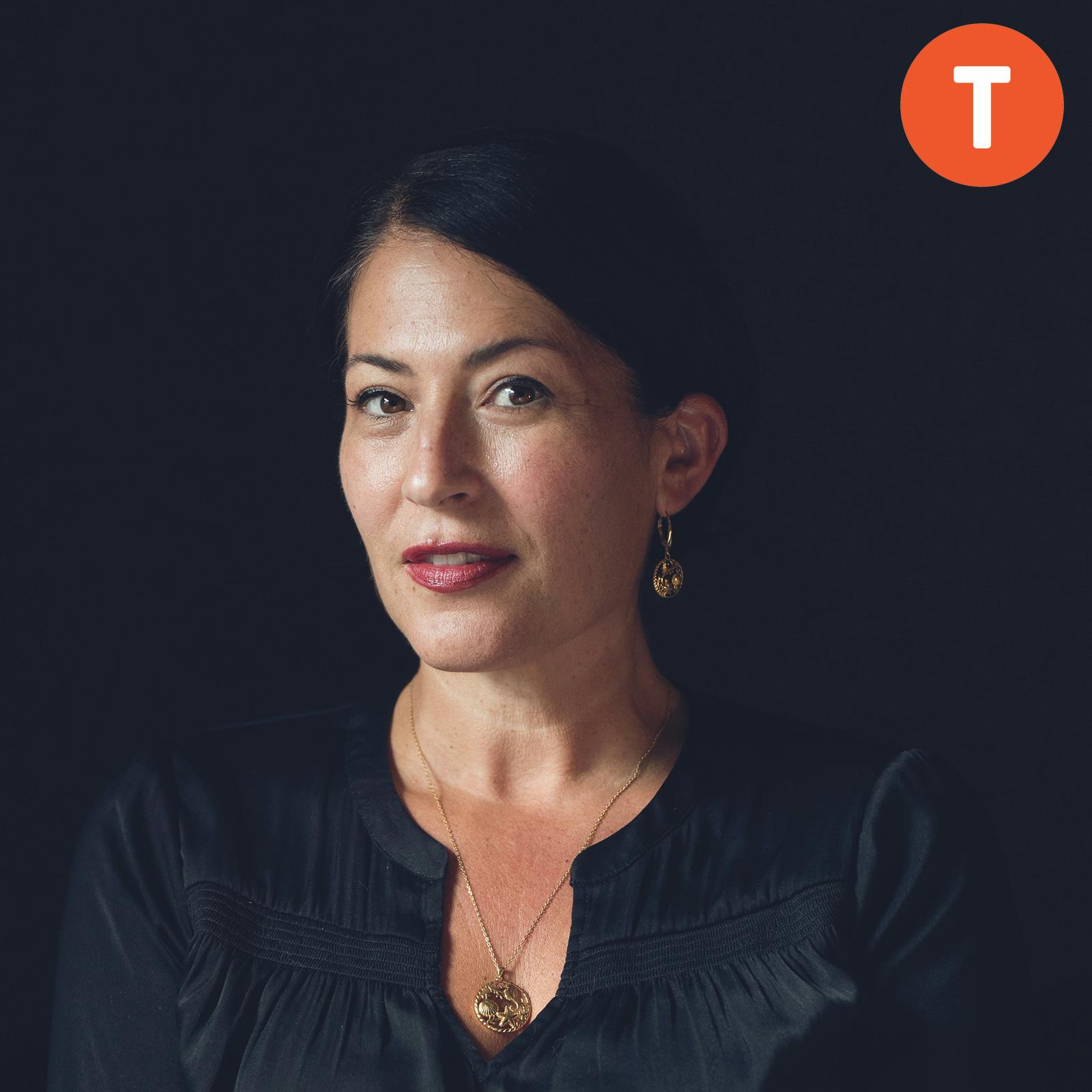




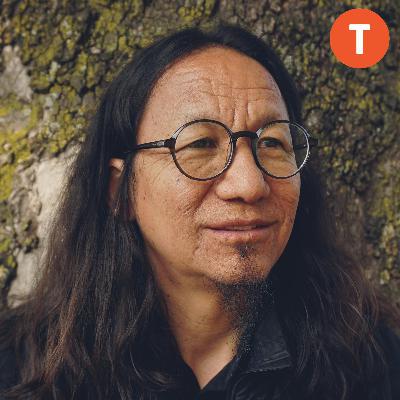










Thank you so much for sharing your journey. I look forward to reading your book. As a former teacher, I was especially moved by your telling of the poetry that came from the hearts of the challenged 5th grade survivors. Deep bows to you Koshin.
sounds like she has trouble letting go. sounds like she had trouble with change and death. when you preach out of fear it isnt beneficial. live your life the way you see but to fear so much that you attempt to force others, I think you've lost the way. just my 2 cents
Soooo worth every minute spent listening. I actually found myself taking notes, which I have never done before while listening to any podcast.